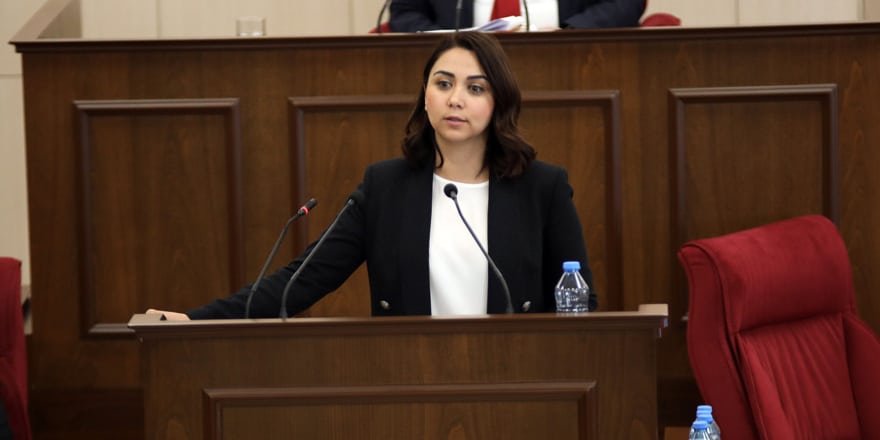Road safety was on the top of the north’s ‘parliament’s’ agenda on Monday as it convened for the first time since the death of Greek Cypriot Photis Photiou on Thursday.
Photiou died after his pickup truck collided with a bus on the road between Komi Kebir and Dhavlos, while his wife Julia Photiou, who had been in the passenger seat, was also injured in the crash.
Independent ‘MP’ Aysegul Baybars raised the issue, criticising ‘transport minister’ Erhan Arikli for what she perceived as inaction on the matter.
“He has held the brief for about two and a half years but has spent time arguing with his own party in party conferences,” she said.
She added that Arikli has “developed a defence mechanism of blaming all the accidents on the drivers”.
“While you are reducing every incident to driver error, the rest of the world is trying to increase road safety and solve the problems by looking at road engineering,” she said.
To this end, she said the north should take into account issues such as discrepancies in stopping speeds between different types of vehicles and that a study should be carried out regarding the north’s roads and what appropriate speed limits should be.
In addition, she said, driving offences should be treated with much harsher penalties, and the north should aim to bring itself into line with road safety standards seen “in the rest of the world”.
She also called for underpasses and bridges to be constructed so that pedestrians do not have to cross busy roads as frequently as they do at present.
In response, Arikli said the ‘government’ is “working on” ways to bring about harsher penalties for traffic offences and asked for support from ‘MPs’ for legislation to this end which he is set to bring forward.
He added that his ‘ministry’ is “doing its best” to prevent traffic accidents from occurring, and that initiatives have been undertaken together with the Turkish government regarding the use of radar speed guns and new software for existing speed cameras.
“A loss of life is a loss of life for all of us. It is necessary that we make this issue a state policy without personalising and politicising it as much as possible,” he said.







Click here to change your cookie preferences